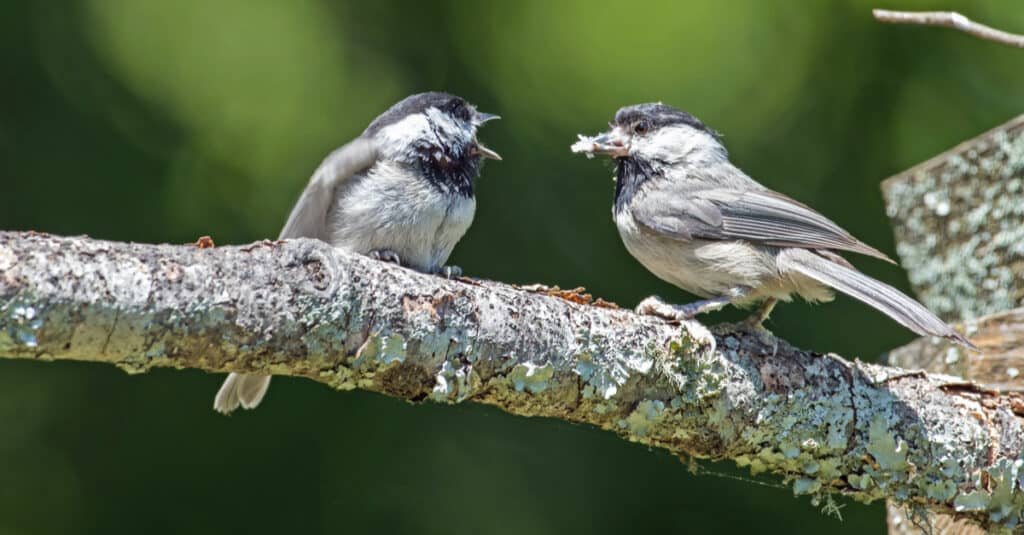Studies of PTSD in humans have come a long way, leading to a range of treatment options for those who suffer from this dreadful disorder. One of those treatment options includes the incorporation of emotional support animals, which can be ever so helpful with their ability to love unconditionally. These bonds are mutually beneficial, and researchers have begun pondering the question: do animals suffer from PTSD? Let’s find out what the science says!
PTSD Defined
According to the American Psychiatric Association, post-traumatic stress disorder (PTSD) is a psychiatric disorder that develops in people who have gone through a traumatic event. However, it doesn’t have to be a singular event. Chronic exposure to trauma can also lead to PTSD. The types of events differ but ultimately, trauma is what happens within the person who has those experiences.
The person often experiences a threat to their life, a threat to their emotional well-being, or a threat to their physical well-being. Although often correlated with those who have experienced battle during wartime, PTSD can occur in humans anywhere. The symptoms of PTSD vary and may include nightmares, anxiety, flashbacks, and panic.

PTSD is a psychiatric disorder characterized by extreme fear, sadness, and anger.
©Chanintorn.v/Shutterstock.com
Trauma and PTSD in Wild Animals
In the wild, it’s predator vs. prey and when a prey animal is not equipped with the size, claws, or teeth to fight back, it chooses another option: escape. This is where the well-known fight or flight response comes in. In the wild, animals don’t just fight or flight, however. They may also freeze. Prey animals engage in these behaviors during traumatic events, like when a predator is close enough to kill them.
If a prey animal is already in a hiding place, it may instinctively freeze, waiting for the danger to pass. If a prey animal is out in the open, however, it may immediately start running, attempting to elude the danger. However, a prey animal that is cornered may resort to fighting back when a predator starts to attack.
Interestingly, studies support the notion that there are PTSD-like changes in the brains and behaviors of wild animals. In the study, one of two groups of black-capped chickadees was exposed to the vocalizations of their predators, including those of hawks and owls. This group’s brain changes were evident. The neuronal activity in their amygdala and hippocampus spiked.
These changes weren’t observed only in the moment they perceived the danger, but they persisted for, at minimum, seven days after the event. Not only did neuronal activity remain elevated, but the exposed group continued to experience “heightened sensitivity to predator danger.” This heightened sensitivity points to their ability to remember their fear, which is indicative of post-traumatic stress. PTSD in wild animals is therefore a natural response that helps with their survival.

Black-capped chickadees develop PTSD after interactions with predators, even when only simulated.
©Tom Franks/Shutterstock.com
Trauma and PTSD in Domesticated Animals
Dogs are a wonderful example of what it means to live from moment to moment. But just because they’re thrilled to see you two minutes after you’ve walked out the door to take out the trash doesn’t mean they don’t retain long-term memories. Danielle Rousseau, PhD, of Boston University explored this topic in one of her lectures.
Though the study of PTSD in dogs is underwhelming, anecdotal evidence points to the development of what appears to be canine PTSD. For instance, Rousseau shared that about 5% of working dogs that served during wartime in both Afghanistan and Iraq had such powerful impacts that they were unable to continue their jobs, became uncharacteristically aggressive, or resorted to debilitating timidity.
Dr. Colleen Wallace, a cat-only veterinarian at the Cozy Cat in Raleigh, NC, told A-Z-Animals, “I’m not sure about PTSD in cats. Perhaps if there was an especially traumatic event and they were exposed to the same place or person, but I’m not sure cats have a long enough memory to be permanently affected. Cats do definitely suffer from stress in the moment, though. It is a very common disorder in indoor cats.”

Cats may experience at least short-term PTSD, but there are insufficient studies on the topic to date.
©Sonsedska/iStock via Getty Images
With insufficient studies on the topic, it’s unclear but possible that cats experience short-term PTSD. For example, during Rousseau’s lecture, she shared about a cat named Lola that was present during the bombing of a tanker truck in Afghanistan. It was a traumatic event that resulted in a terrible loss of life. Lola wasn’t close enough to be injured but the event left her edgy. She became skittish and clingy. She even started losing weight after a loss of appetite.
The Lasting Effects of Trauma
While there is some evidence that animals experience at the very least short-term PTSD, it’s unclear whether long-term effects persist. The memories of different animals, both wild and domesticated, differ. The evolutionary benefit of PTSD ensures survival in wild animals but in domesticated animals, it may lead to other, uncharacteristic behaviors. One thing is for certain: for humans who suffer from PTSD, domesticated animals that serve as emotional support animals are special and deeply healing treasures.
The photo featured at the top of this post is © Hannah Carl/Shutterstock.com
Thank you for reading! Have some feedback for us? Contact the AZ Animals editorial team.







